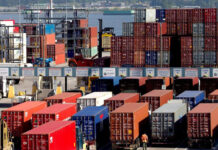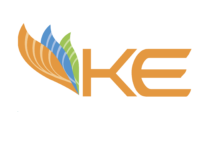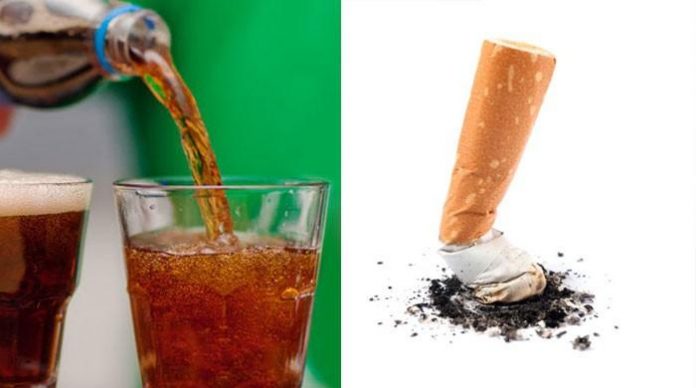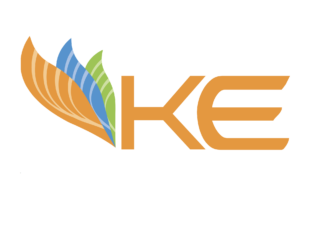- A health tax of Rs10 on tobacco for a pack of 20 cigarettes and one rupee for every 250 ml soft drink will be imposed
ISLAMABAD: The federal cabinet has approved a flat tax on all cigarette packets and soft drinks to try to plug a gaping budget deficit and discourage tobacco consumption, a document seen by Reuters said.
The cabinet made the decision in late May, which is likely to be enforced after the parliament approves the 2019/2020 fiscal budget, due to be announced in parliament on Tuesday.
A health tax of Rs10 rupees tobacco for a pack of 20 cigarettes and one rupee for every 250 ml soft drink will be imposed, the document from the cabinet division said.
“The revenue generated through this health tax will be earmarked for the health sector development over and above its routine budgetary allocation,” it said.
The government estimates tobacco kills more than 100,000 people a year. A government survey in 2014 found some 24 million adults, or 19pc of the population 15 and older, used tobacco.
Cigarette prices in Pakistan are very low as compared to the rest of the world, which underscores the health risks.
Tobacco has been a big source of revenue with previous governments keeping prices low to maximise tax returns.
The health ministry last year also recommended Rs44 flat tax on every pack of 20 cigarettes, but the government that time instead cut prices on low priced packets to discourage counterfeits.
Amid debate that the new tax increase can reduce cigarette sales and encourage fakes, the government’s focal person on tobacco control, Babar Atta, said the decision would stand.
“A health tax is being imposed on 100pc of cigarette packs regardless of brand,” he tweeted, adding his government was the first ever to take on the manufacturers.
He estimates the tax will generate around 50 billion rupees ($337.84 million), which the government plans to spend on the health sector.

























